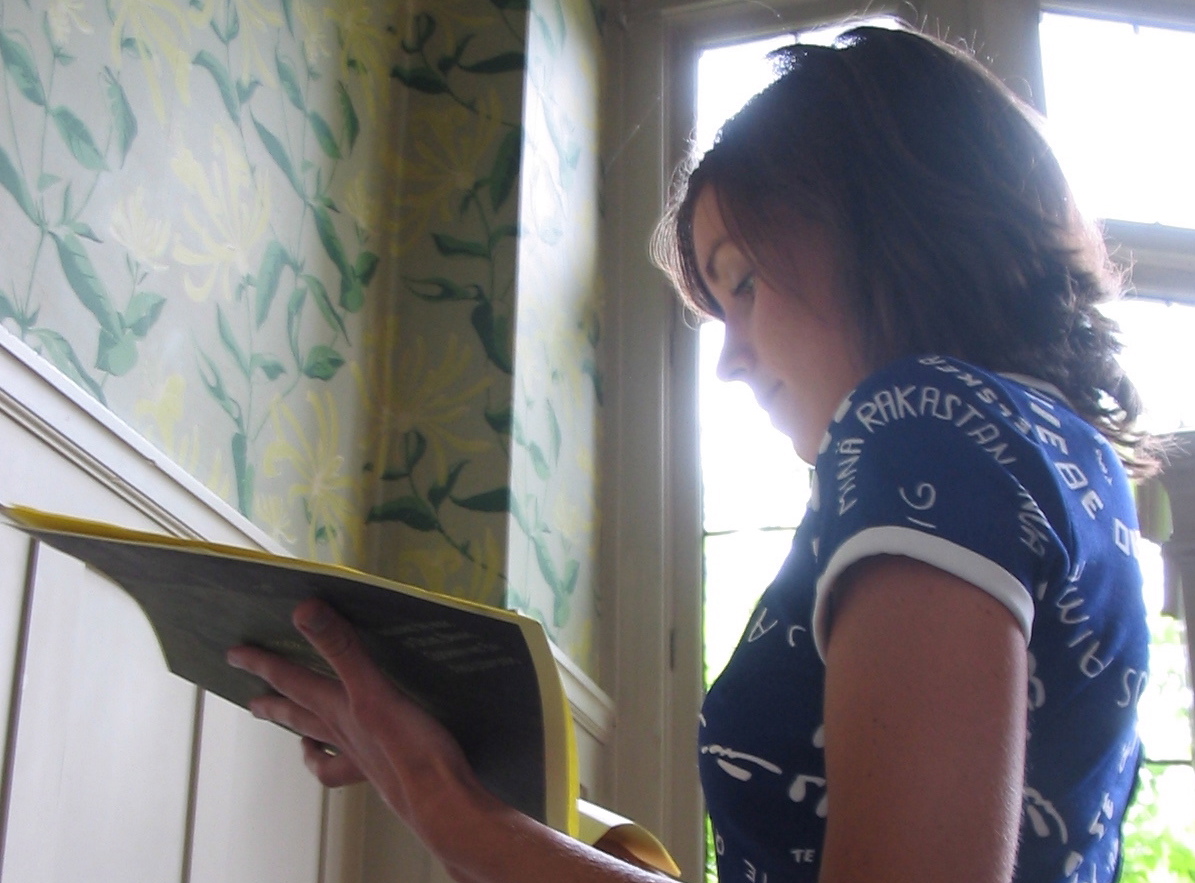Coffee & Clarinets
We knew him when...
...we used to drive down the great California coast highway to Monterey for clarinet lessons with Rosario Mazzeo. Even this morning, over that other roaster’s coffee, we smile and nod our heads and remember bits of Mazzeo wisdom: “Don’t go planning a program of wind quintets when you’ve got a fabulous pianist in the next room and two great string players for neighbors!” Then he’d wrinkle his face like Yoda and growl inquisitively. (We can’t help but try it, and at nine in the morning, our falsetto “hmmphs” almost sound right.)
We knew him back when we still loved Brahms, when we played all that chamber music as if we were kids on the playground, fearless and with total abandon, stubbornly insistent that, of opus 120, the E-flat ranks above the f minor; that the trio demands more of the pianist than the cellist; and that the e minor cello sonata can be transcribed, if not for clarinet, for French horn. (Uh, no.)
We knew him when, one Christmas Eve, the mailman delivered a package containing an Opperman barrel and mouthpiece, making it “the best Christmas ever!” We couldn’t wait to boast about the workmanship and the sweet, smooth tone (not to mention Opperman’s name scratched in the grenadilla) and we played carols all night, forgetting about the by-then-dessicated vegetables in the oven.
We knew him before focal dystonia turned practicing into an overtone stew of multiphonics and missed notes, (keys left up when they should have been pressed down) before the fierce physical fight to restore our technique, before Alexander lessons and all the mind-bending riddles: “Let the shape of the cup dictate how your hand should open and close around it.” Huh?
We knew him when we dated each other and when we married each other off; we knew him when everyone just called him, “Jim.” We knew him before we became parents and professors, before we masqueraded as organists and accordion players. We knew him before he learned to make a “damn fine cup of coffee” for farmer's market fanatics, years before he sold that coffee to our very favorite restaurant. We attribute his success to the years spent in the clarinet geekdom, where an obsessive indulgence in obsessive behavior is par for the course.
The parking meters scream, and so we finish our coffee and raise the empty cups. To James.
continue reading...
...we used to drive down the great California coast highway to Monterey for clarinet lessons with Rosario Mazzeo. Even this morning, over that other roaster’s coffee, we smile and nod our heads and remember bits of Mazzeo wisdom: “Don’t go planning a program of wind quintets when you’ve got a fabulous pianist in the next room and two great string players for neighbors!” Then he’d wrinkle his face like Yoda and growl inquisitively. (We can’t help but try it, and at nine in the morning, our falsetto “hmmphs” almost sound right.)
We knew him back when we still loved Brahms, when we played all that chamber music as if we were kids on the playground, fearless and with total abandon, stubbornly insistent that, of opus 120, the E-flat ranks above the f minor; that the trio demands more of the pianist than the cellist; and that the e minor cello sonata can be transcribed, if not for clarinet, for French horn. (Uh, no.)
We knew him when, one Christmas Eve, the mailman delivered a package containing an Opperman barrel and mouthpiece, making it “the best Christmas ever!” We couldn’t wait to boast about the workmanship and the sweet, smooth tone (not to mention Opperman’s name scratched in the grenadilla) and we played carols all night, forgetting about the by-then-dessicated vegetables in the oven.
We knew him before focal dystonia turned practicing into an overtone stew of multiphonics and missed notes, (keys left up when they should have been pressed down) before the fierce physical fight to restore our technique, before Alexander lessons and all the mind-bending riddles: “Let the shape of the cup dictate how your hand should open and close around it.” Huh?
We knew him when we dated each other and when we married each other off; we knew him when everyone just called him, “Jim.” We knew him before we became parents and professors, before we masqueraded as organists and accordion players. We knew him before he learned to make a “damn fine cup of coffee” for farmer's market fanatics, years before he sold that coffee to our very favorite restaurant. We attribute his success to the years spent in the clarinet geekdom, where an obsessive indulgence in obsessive behavior is par for the course.
The parking meters scream, and so we finish our coffee and raise the empty cups. To James.
continue reading...




